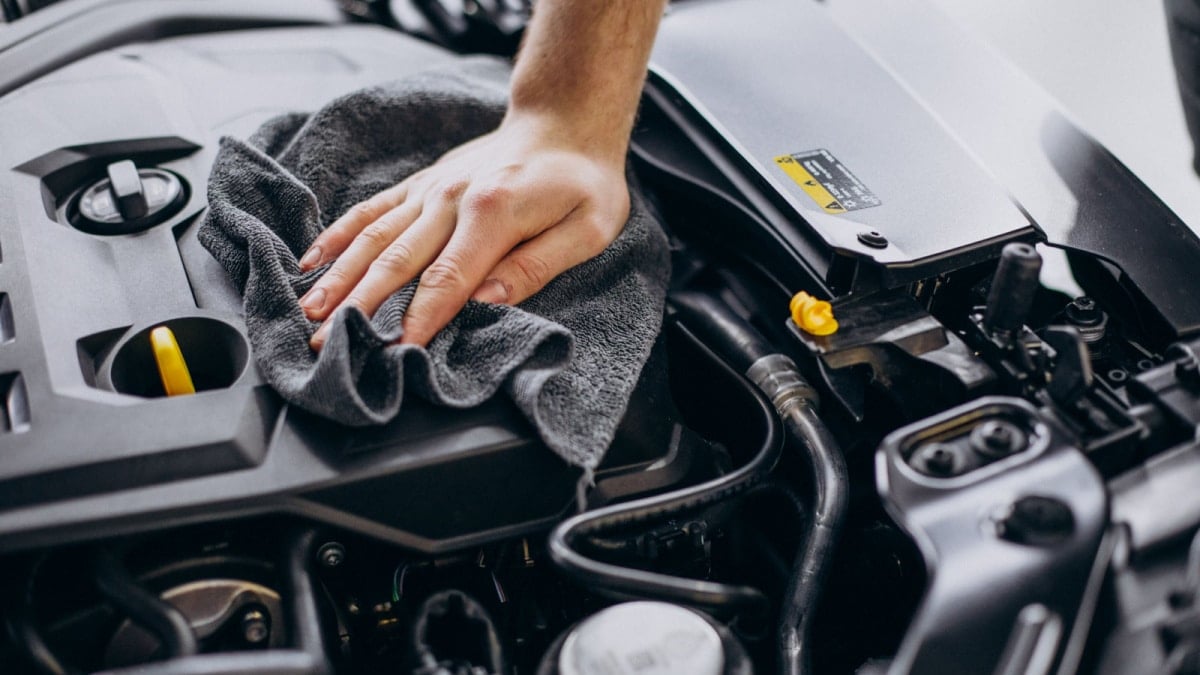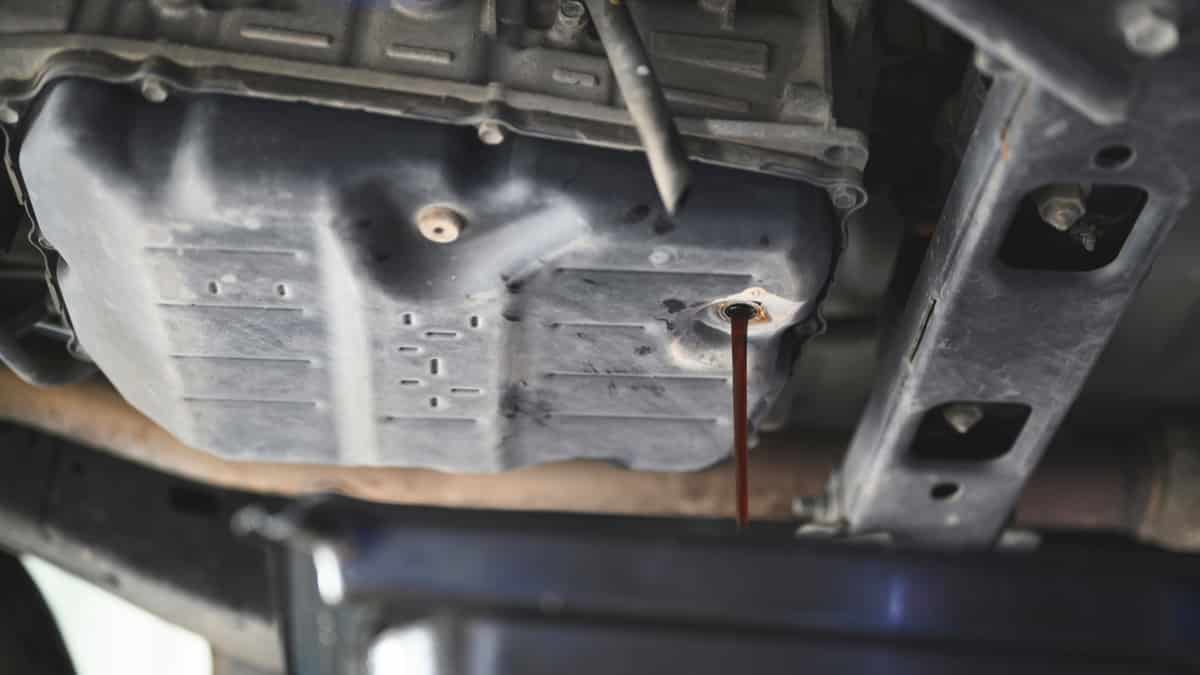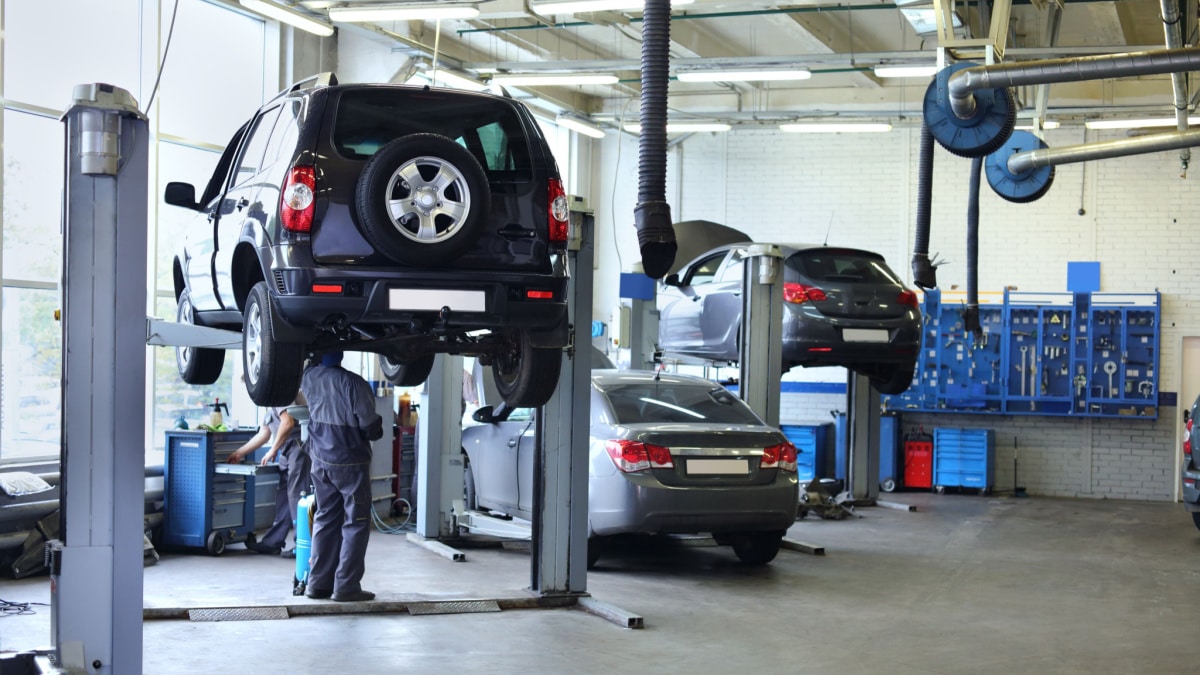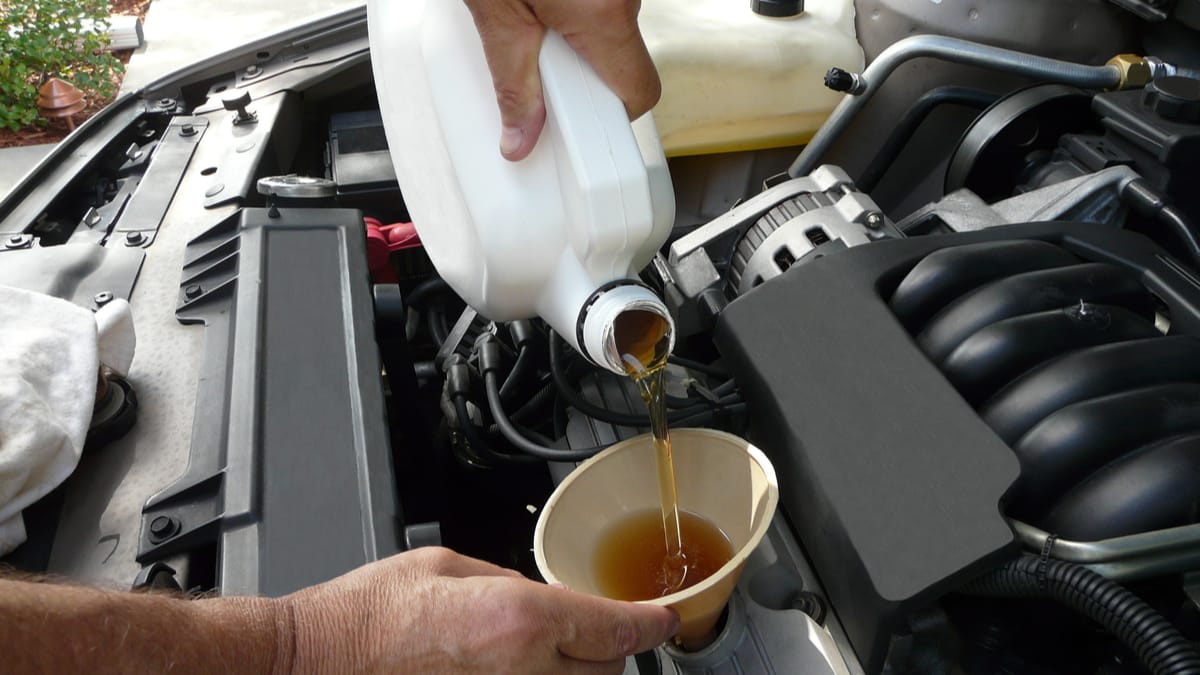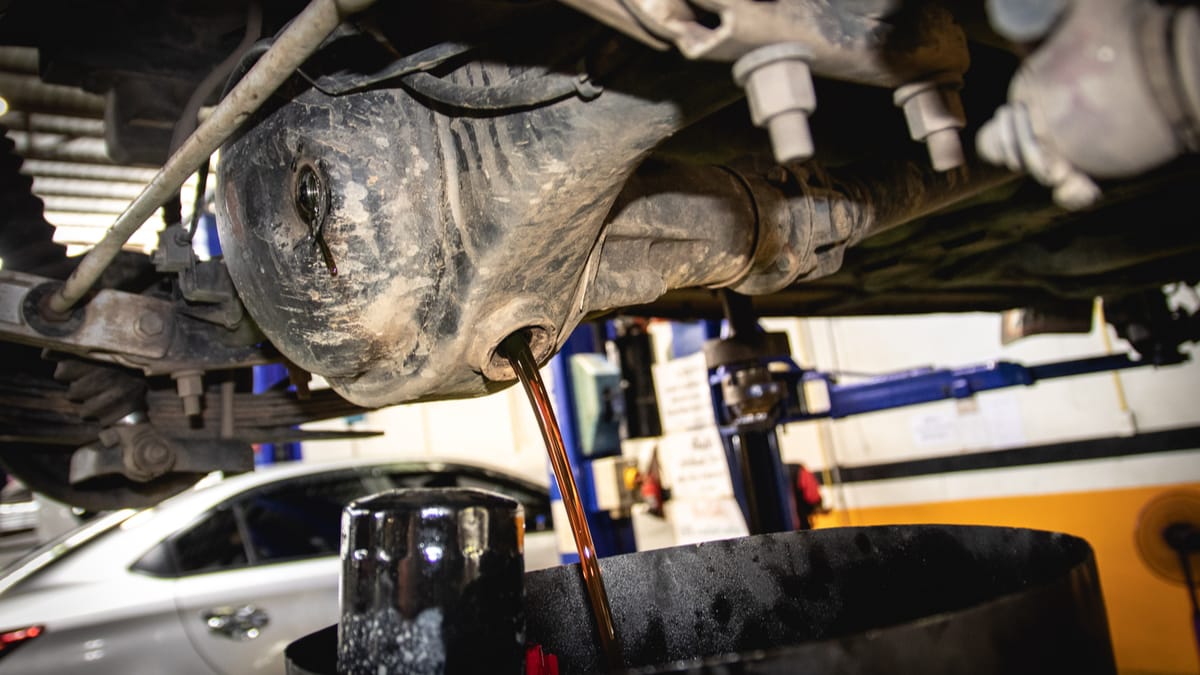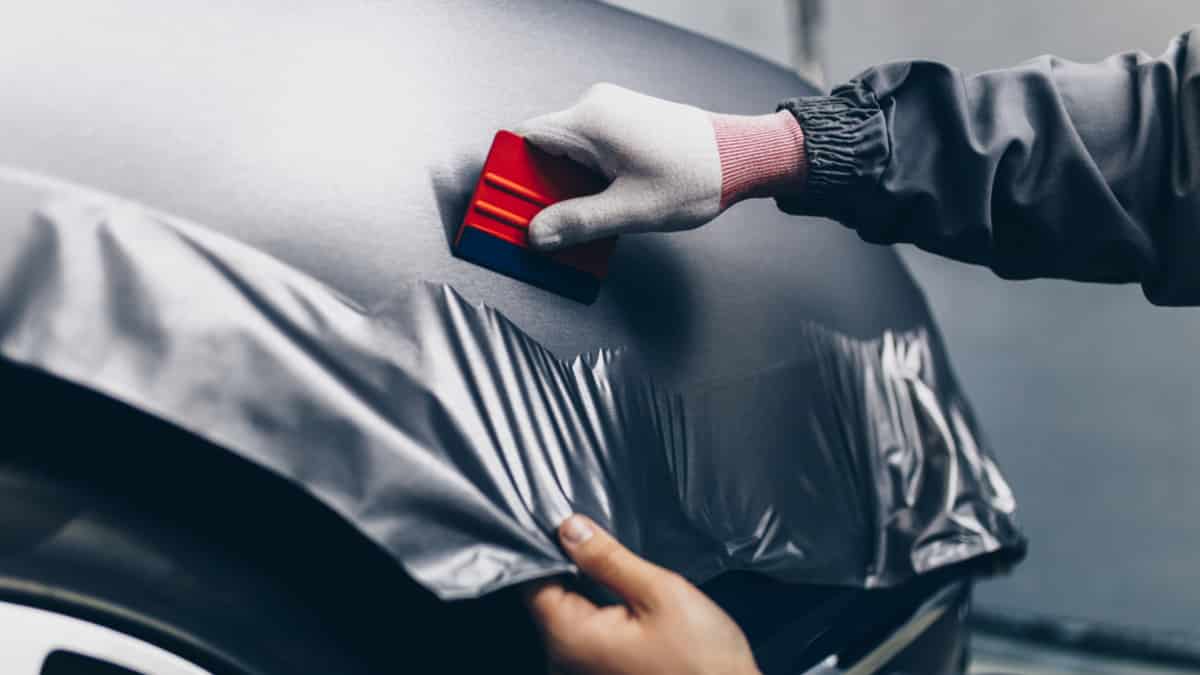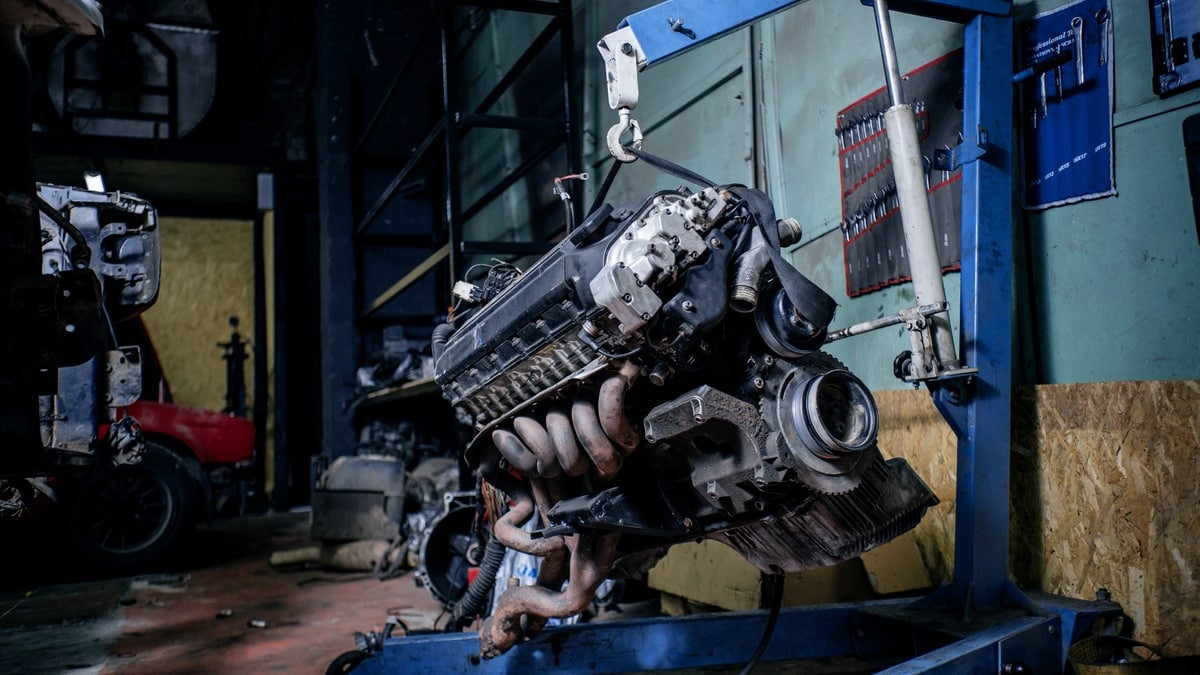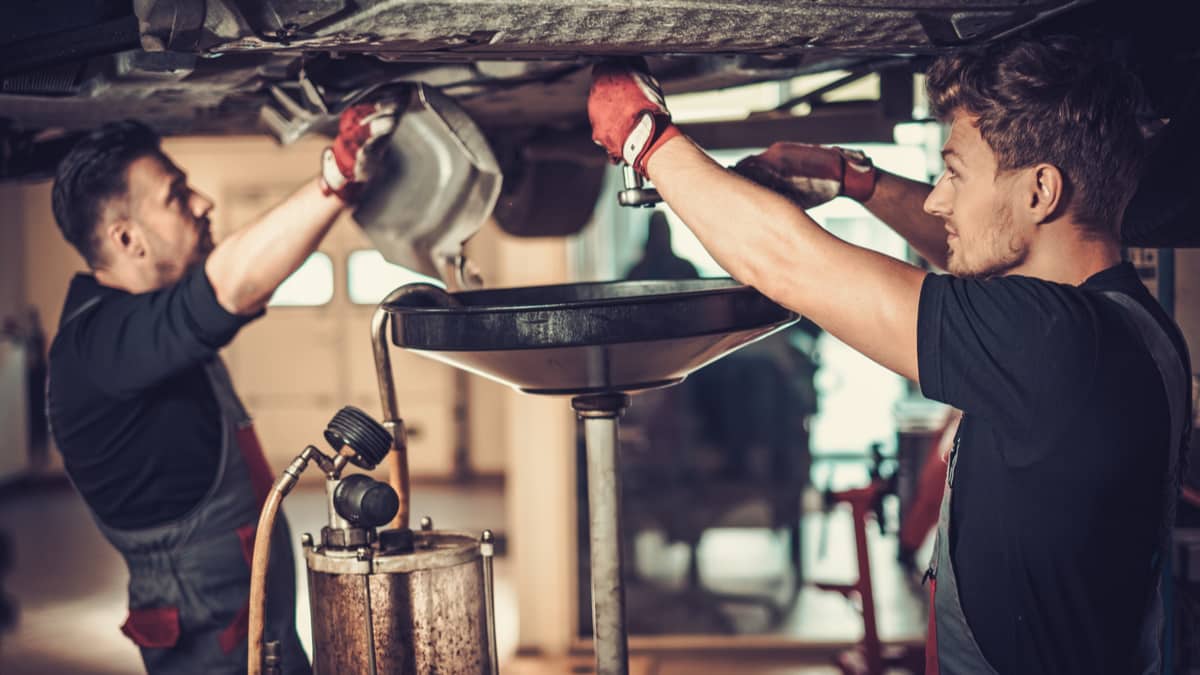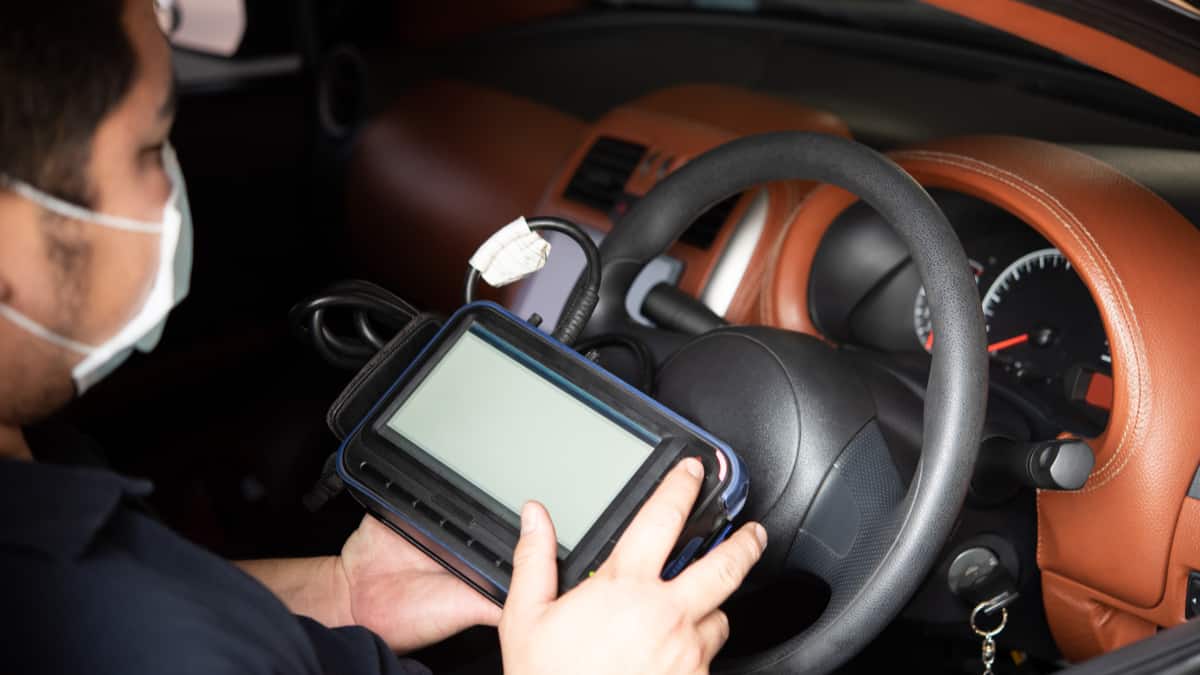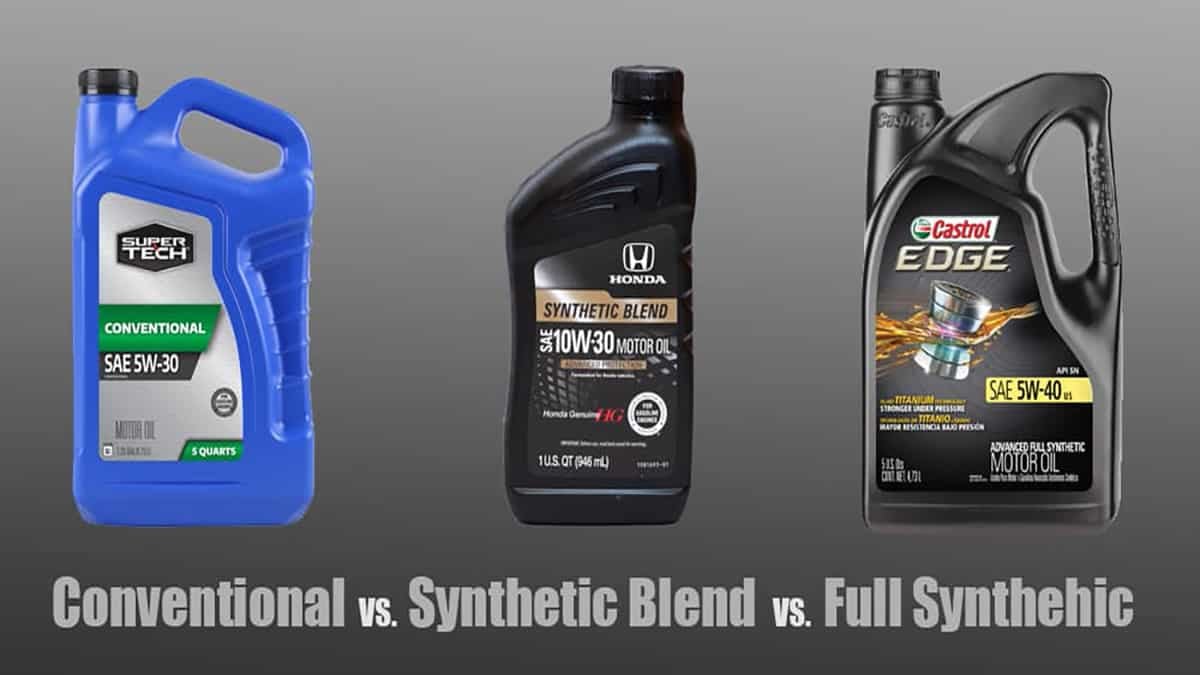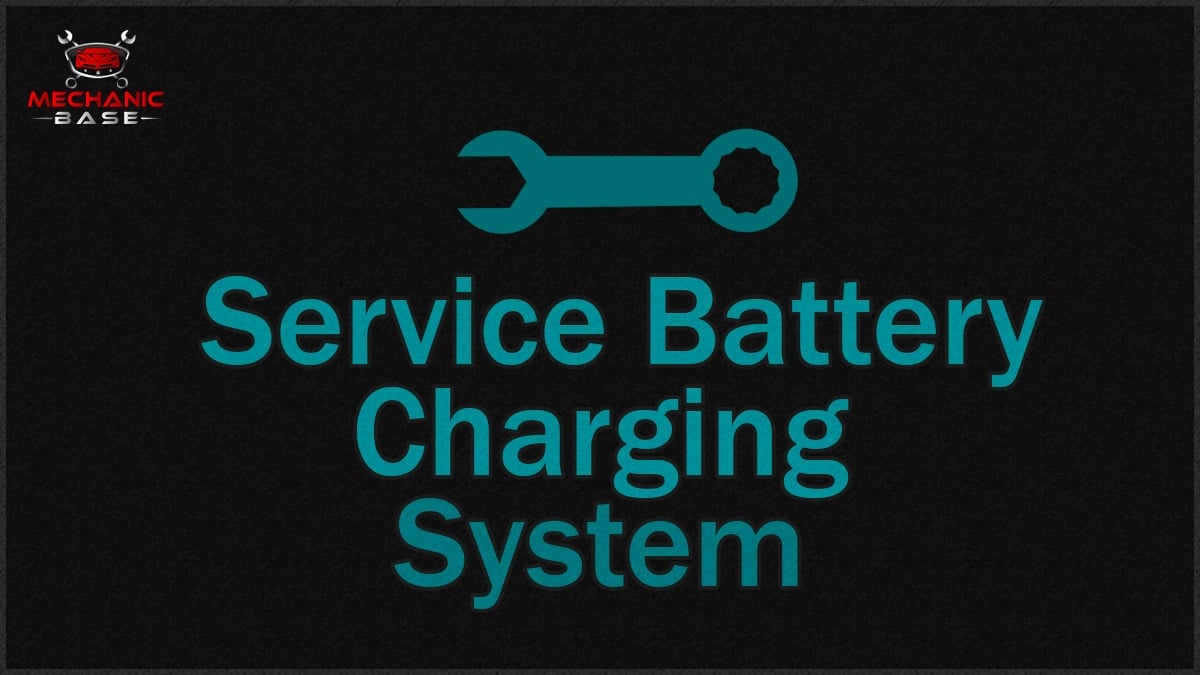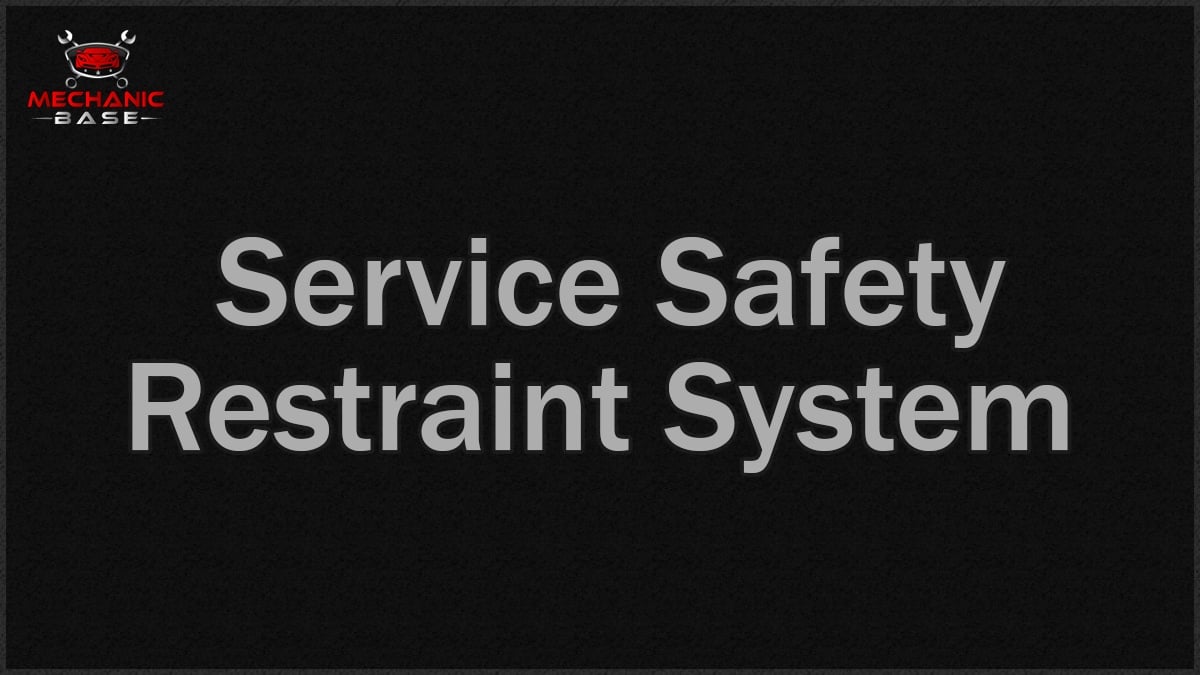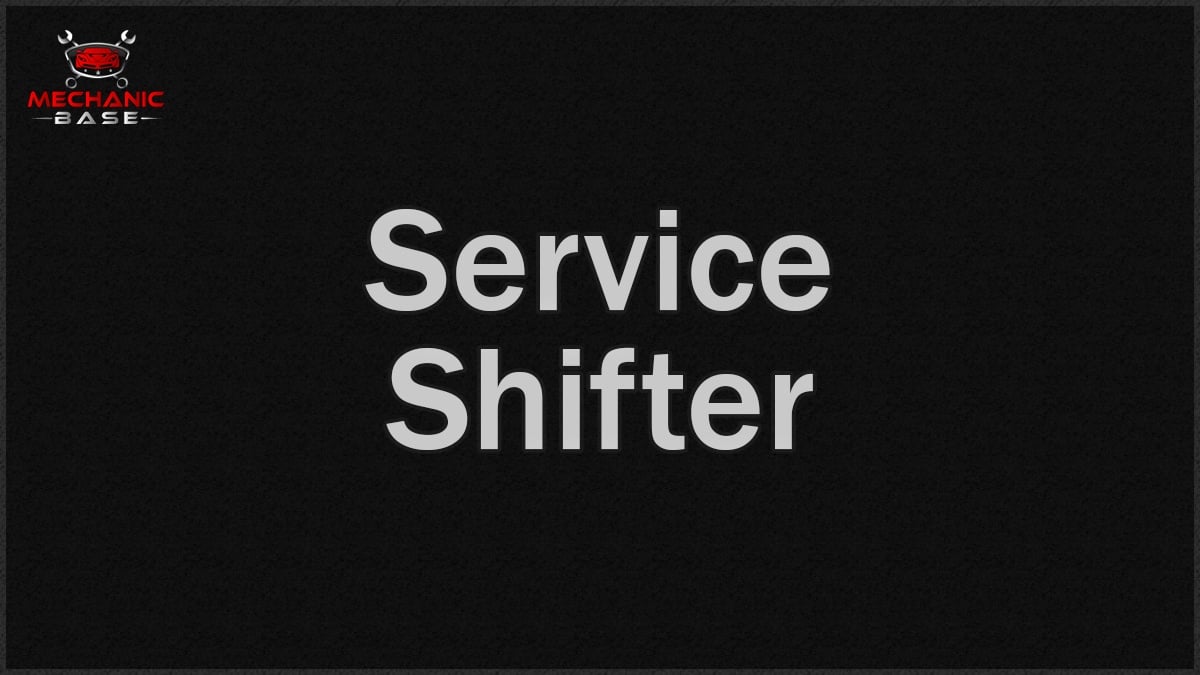To keep your vehicle running its best, you want to follow the recommended maintenance schedule. There are times when you need a basic service, such as a simple oil change, while other times, a full service is required. What does a full service include and how much does it cost?
In this guide, we cover the various services that might be covered in your full service appointment. We also look at the benefits of getting this car service and discuss the average cost you can expect.
What is a Full Car Service?
A full car service is going to provide all of the recommended maintenance, plus offer the inspections needed to ensure every major system is working as it should. This service will take longer than the in and out lube appointment, plus it is going to cost more.
Some dealerships recommend having a full-service check every year or 12,000 miles.
It’s important to ask the particular repair shop what’s included with its full service check. Every provider has its own definition of what this should include, so it’s helpful to evaluate your options based on what’s covered during this service.
Most people understand the basic oil change or other interval service provided by auto repair shops and dealerships. So, what is the difference between these minor services compared to the full car service?
What Does a Full Service Include?
The full car service includes some general checks and engine care. It also involves fluid checks and a brake system inspection. The wheels and tires will also be looked at, along with system checks of the major systems, such as the drivetrain, steering, suspension and exhaust.
Here is a more detailed list of what’s included in a full service:
1. General Checks
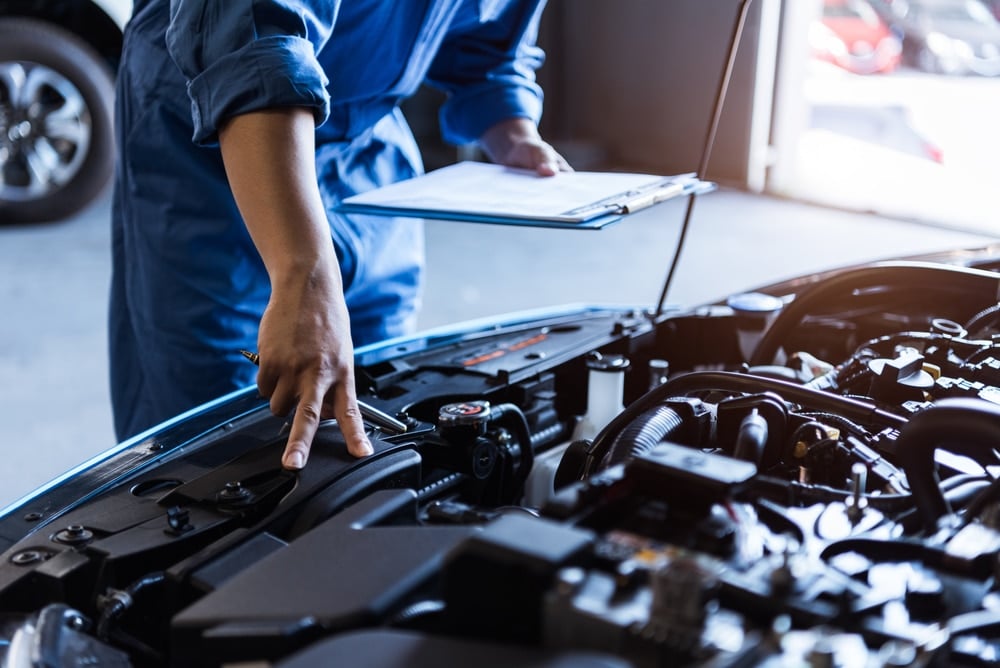
The mechanic will take a quick look at some basic systems on your vehicle. For starters, the battery might be checked to ensure it is still holding a charge. All of the exterior lights, the horn and windshield wipers are also inspected.
Inside the car, there are also a few general checks taking place. Seat belts can be inspected and the cabin air filter might be replaced.
READ MORE: 11 Car Maintenance Tips (Extend the Life of Your Car)
2. Engine Care
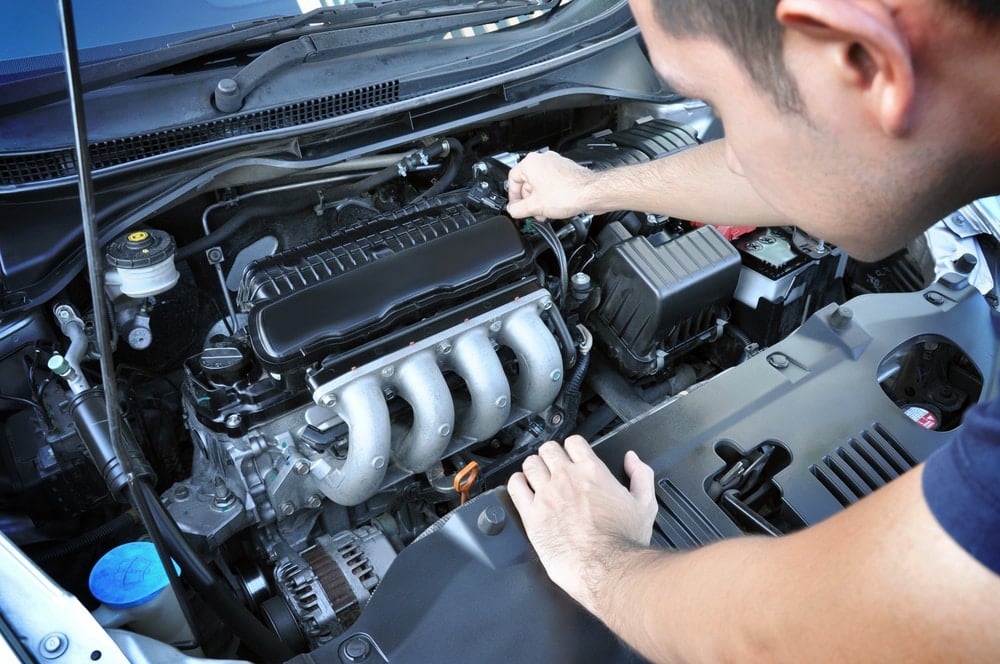
The engine care may be the most important part of the service. The standard oil and filter change will be provided, along with an air filter replacement. All of the drive belts and hoses will also be inspected to ensure there are no underlying issues.
Depending on how many miles are on the vehicle, some other services could also be provided. It might be time for spark plug replacement. It could also be time to replace the serpentine belt, which can be done preventatively to avoid larger issues.
RELATED: What Does TLC Mean For Cars?
3. Fluid Checks
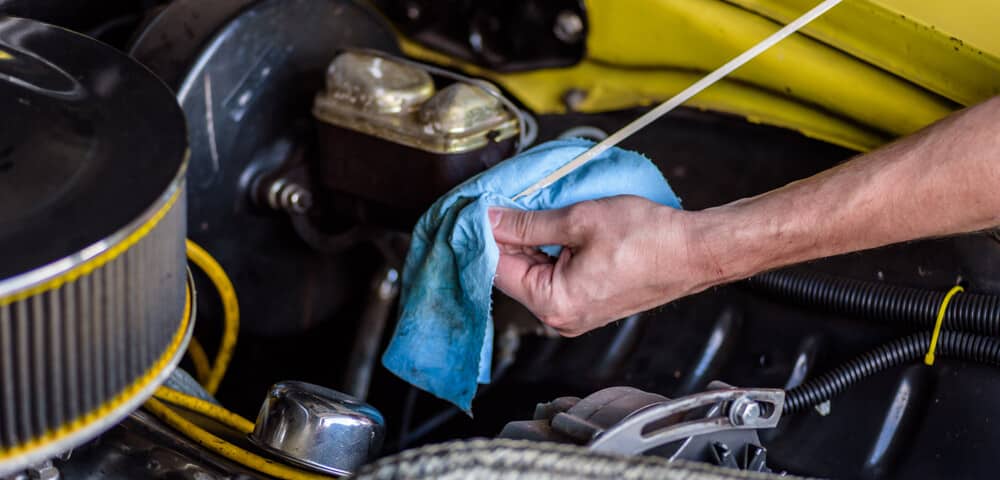
All of the fluid in the vehicle needs to be checked for level and condition. Among these fluids, you can expect the mechanic to look at the coolant and transmission fluid on top of the oil change. If these are low, the system has to be checked for leaks. Additionally, if the fluid is contaminated, it might be time for a flush or replacement.
These may be the major fluids that are checked, but there are others that are also looked at. For example, the mechanic will look at the power steering fluid, brake fluid and windshield washer fluid.
RELATED: How to Check Automatic Transmission Fluid
4. Brake System Inspection
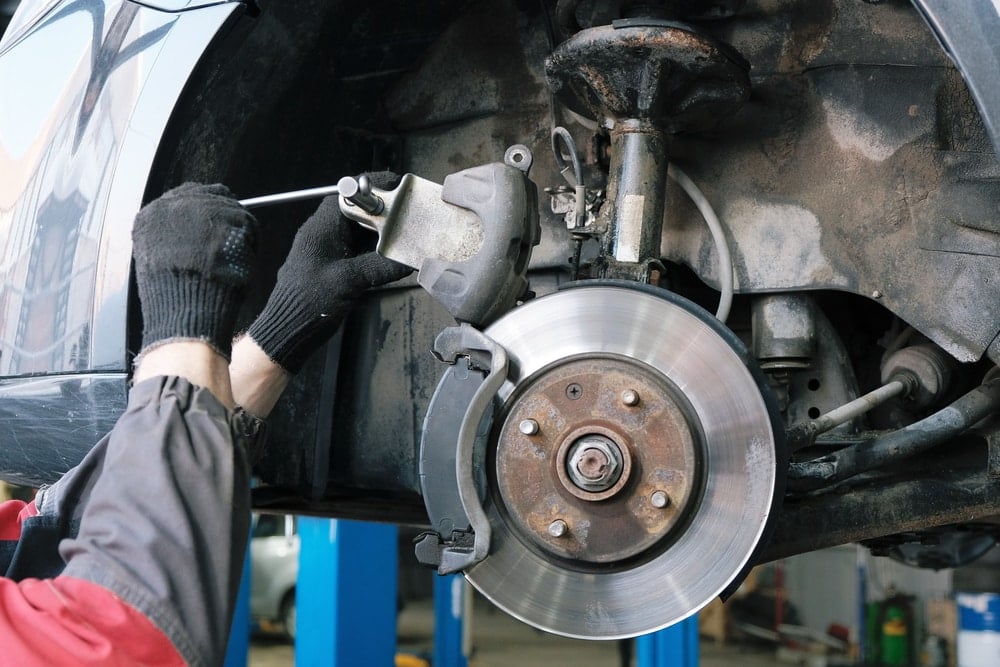
On top of checking the brake fluid, it’s also important that the entire system gets inspected. A qualified mechanic should evaluate the condition of the brake pads and rotors. If they are worn, now would be the time to replace them.
All of the brake hoses and lines should also be inspected for signs of wear. Plus, the brake calipers will be looked at and the emergency brake should be inspected.
RELATED: How Often Should You Replace Brake Rotors? (Signs It’s Time)
5. Wheel/Tire Inspection
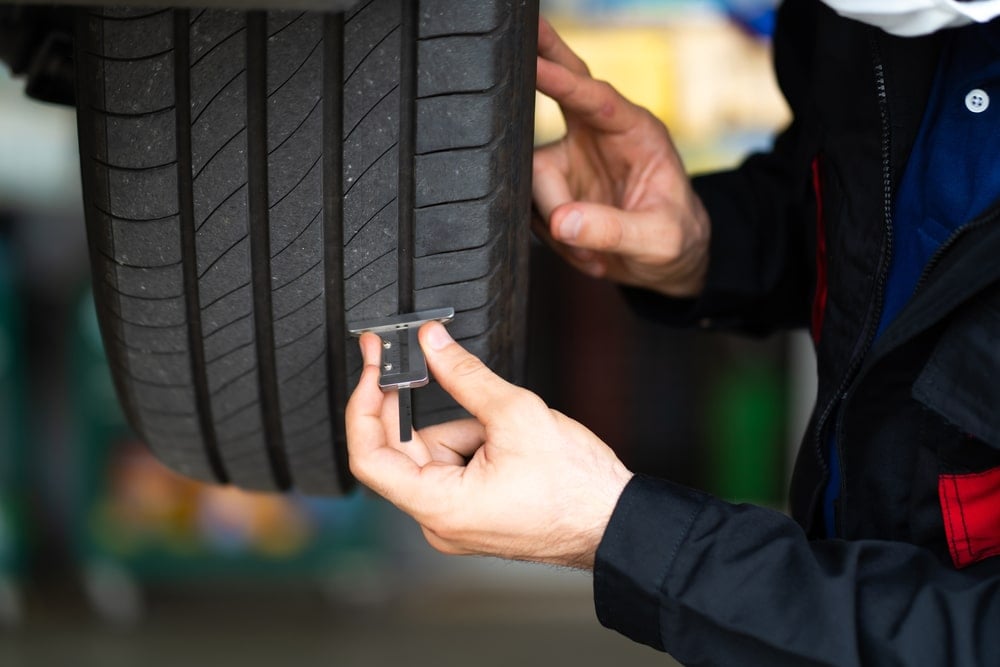
In addition to the brakes, the wheels and tires should always be inspected. First, the tire pressure will be evaluated and changed as needed. Beyond this, the tread depth and condition of the tires gets inspected.
If there’s unusual wear, a tire rotation or wheel alignment might be necessary. However, there could be times when the damage is too great and tire replacement is the only option. It’s best to know this ahead of time before a blowout occurs.
RELATED: What Tire Pressure is Considered Too Low?
6. Drivetrain Check
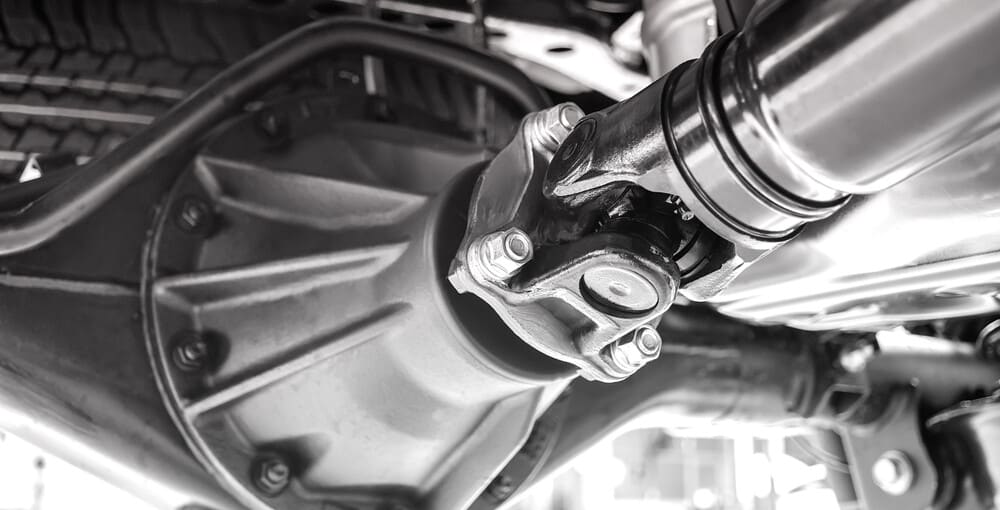
We’ve already discussed how important the transmission fluid check is, but that’s not all that’s looked at. The mechanics will also inspect the drivetrain, whether it’s a front-, rear-, all- or four-wheel drive vehicle.
The transmission should always shift seamlessly. Plus, the differentials get inspected to ensure that all of the engine power is being sent to the wheels as it should.
RELATED: How Often to Change Differential Fluid? (& Fluid Change Cost)
7. Steering System Check
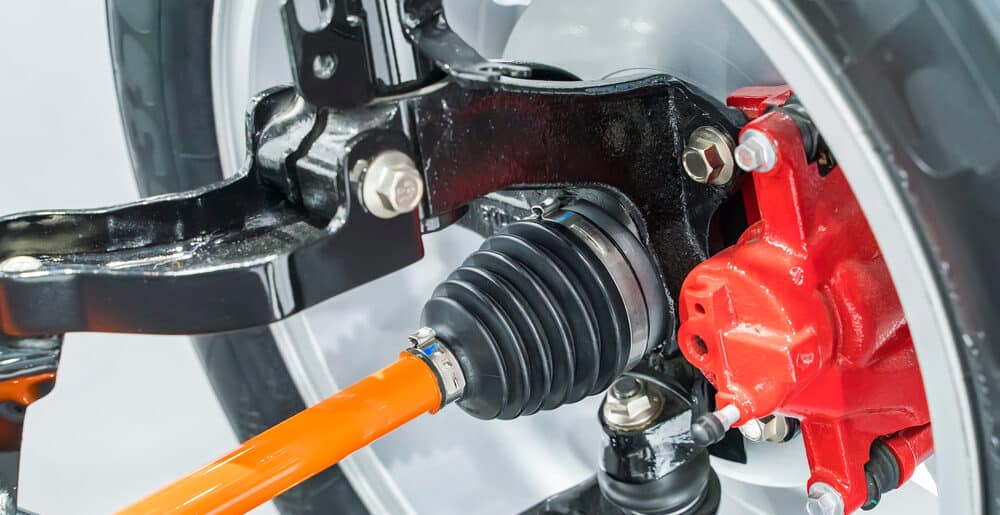
There are many components making up the steering system. Along with the power steering fluid, there are hoses that should be checked for any possible leaks.
Additionally, the steering column and rack are checked to ensure you always have control over your vehicle. If any problems are found, now is the time to have them repaired.
RELATED: 5 Symptoms of a Bad Tie Rod End (& Replacement Cost)
8. Suspension System Inspection
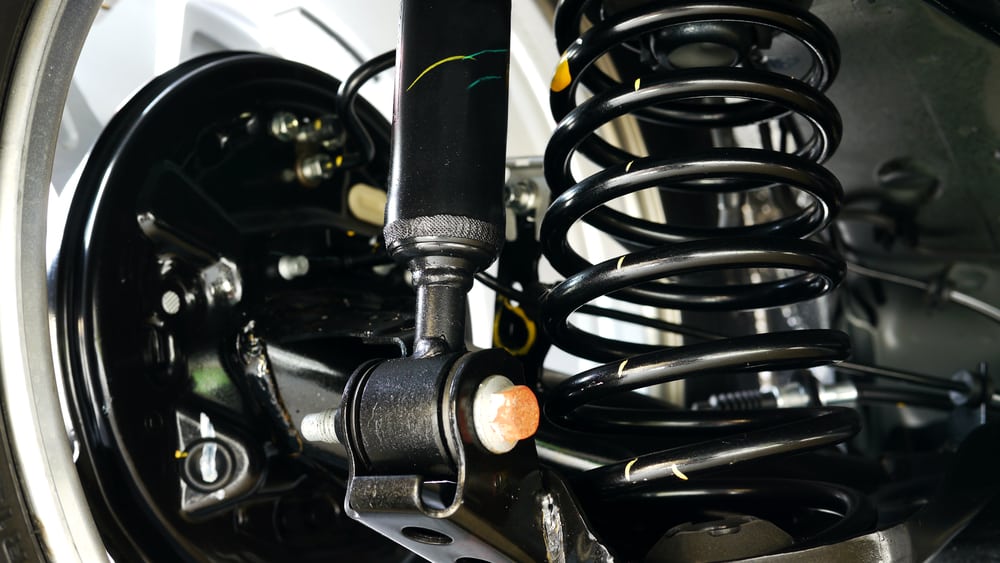
To ensure the car handles as it should, the suspension must be in good shape. Depending on what type of vehicle you have, the shocks, springs and struts will be checked.
It’s also important to have the wheel bearings and axles looked at. If problems can be repaired early, you prevent further issues from occurring and you protect yourself on the road.
RELATED: How Much Does Car Suspension Repair Cost?
9. Exhaust System Check
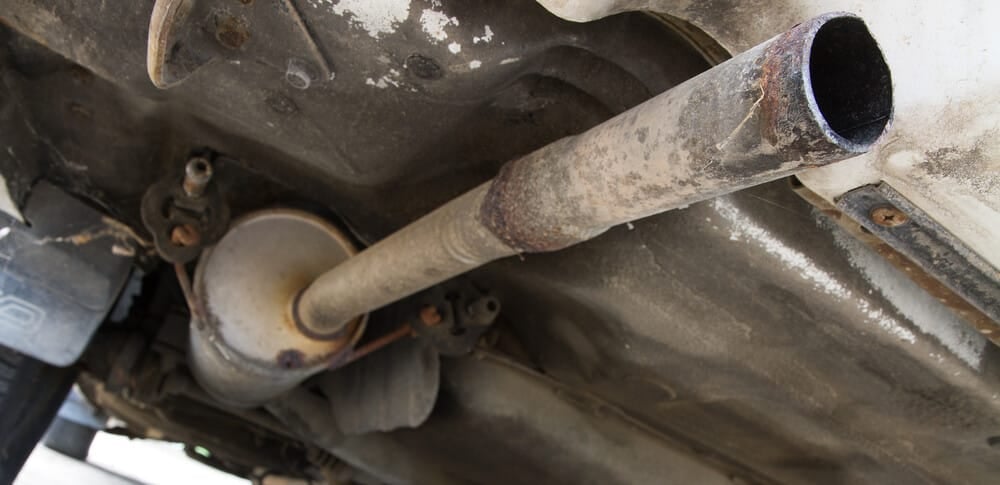
If the exhaust system isn’t working as it should, you would probably see a Check Engine Light on the dashboard. However, early problems can also be detected by a quick inspection.
The exhaust will be evaluated and an emissions test could be run. The mechanic will also watch the exhaust smoke to make sure it looks normal.
Benefits of Full Car Service
1. Enhanced Safety
On-road safety is often compromised when a valuable car part fails. Whether it’s the tires or the engine acting up, any time the car doesn’t run as it should, you put yourself and others at risk on the road.
By repairing issues sooner, you prevent unexpected disasters. The same is true with regular maintenance. Keeping the systems running their best is like an insurance policy against accidents.
2. Longer Lifespan
If you take care of your car, it will take care of you. The engine isn’t going to keep running if you neglect to change the oil and provide regular tune-ups.
The same can be said about any car system. While some cars are more reliable than others, you can increase the longevity simply by following the maintenance schedule.
RELATED: What is the Average Life of a Car? How Long Do Cars Last?
3. Fuel Efficiency
When the engine and other systems run as they should, everything remains optimized. If the engine is happy, so will you be when you pump fuel.
The efficient engine uses less gas to accomplish the same level of power. While it may not be a huge savings you see, every penny counts when money is tight.
4. Higher Resale Value
If you plan to sell your vehicle in the future, having service records will help. If you can prove to buyers that you’ve followed all of the recommended service intervals, you give them the confidence to buy.
If the car remains in immaculate condition, you can even ask more for it. Be sure to price your car according to KBB value, based on the mechanical and cosmetic rating it falls into.
5. Saves Money
Aside from what you are saving at the pump, there are other ways regular maintenance puts more money in your pocket. By staying away from accidents, you protect your investments.
Additionally, regular maintenance helps to avoid unnecessary breakdowns. Instead of paying for car repairs, you can spend a fraction of the cost to keep everything working its best. As an example, a spark plug replacement is priced minimally compared to a catalytic converter replacement that will be needed if the service is neglected.
How much does a Full Service Cost?
On average, you might spend $200 to $800 for the full service. However, if you can perform the maintenance tasks yourself, it would cost you a fraction of the price. Every mechanic prices the full car service differently, based on what is offered with it.
You can expect to pay significantly more than if you were getting a single service completed, such as an oil change or a tire rotation. By bundling a group of services together into one, you usually save more than paying for them individually.
READ MORE: How Much Does a Car Inspection Cost?
What’s the difference between a basic service and a full service?
The main difference between a basic and a full service is the amount of checks done, and fluids changed. With a basic service, only the motor oil will get changed. In a full car service, all fluids will be checked and replaced if necessary.
What gets checked in a full car service?
In a full service, almost everything will be checked in your car. The mechanic will check the engine, fluids, brake system, suspension, drivetrain, exhaust system, steering system and more. If the mechanic finds something broken, he will let you know and give you a cost to fix it.
How long does a full car service take?
A full car service takes anywhere between 2 and 4 hours, depending on the type of full service. Some full services will take even longer if the mechanic needs to replace some bad parts or if the service is just difficult on that particular car model.
How often should you have a full service?
Most car dealers recommend a full service every year or 12,000 miles, whichever comes first. However, look in your service manual to find the right service schedule for your particular car model.
By performing regular full service, your car will be kept in top shape and prevent breakdowns and other expensive repair costs. Although it feels like it is very expensive to do a full service, it will most likely be worth it in the long run.
I hope you enjoyed this article and now know all about full car services and now have the knowledge to decide if a full service is the right choice for your car.
Learn more:
- How to Change Windshield Wiper Blades (7 Steps)
- How Often Should You Change the Engine Air Filter?
- How Long Do Spark Plugs Last?
Categories: Maintenance
